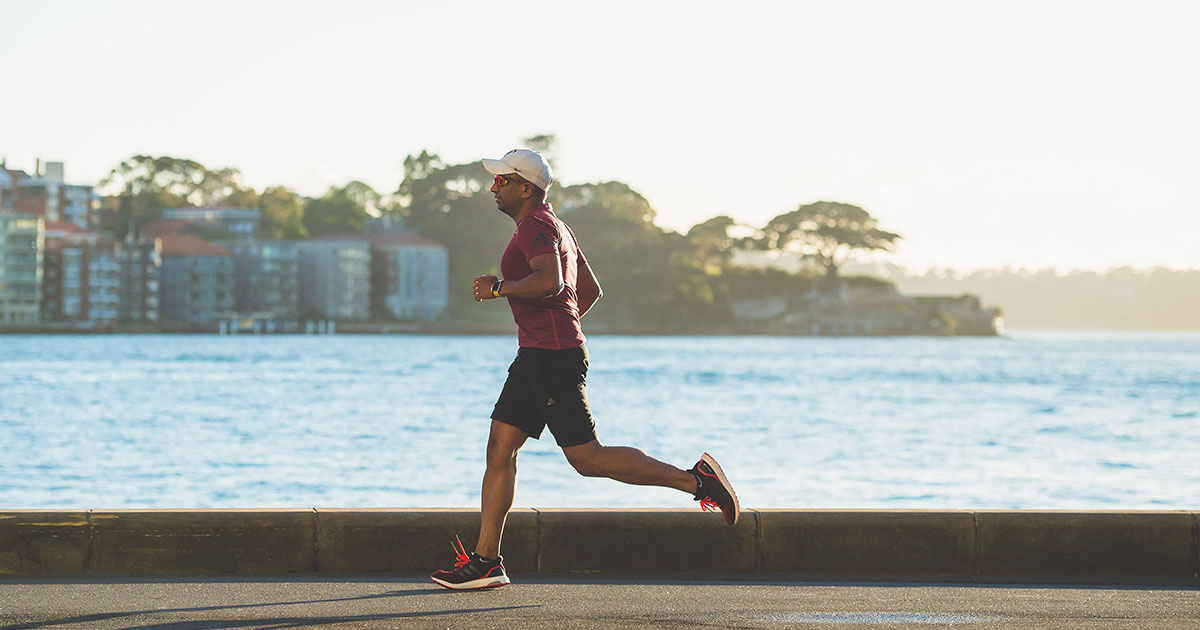According to the researchers, patients with persistent Covid-19 symptoms who completed a six-week supervised rehabilitation programme demonstrated significant improvements in exercise capacity, respiratory symptoms, fatigue, and cognition, including one of Indian ancestry. The study discovered a statistically significant increase in exercise capacity, as measured by distance travelled and the ability to continue walking without stopping, using incremental and endurance shuttle-walking tests.

“This adapted rehabilitation programme for individuals who have been exposed to Covid-19 has demonstrated promising improvements in clinical outcomes,” said University of Leicester researcher Sally Singh. “There were no withdrawals due to worsening symptoms, and the high rate of completion indicates that patients found the treatment to be acceptable,” Singh added. Additionally, the team discovered that over the course of six weeks, fatigue improved by 5 points on the Functional Assessment of Chronic Illness Therapy (FACIT) Fatigue Scale.
Additionally, as measured by standardised clinical assessment tools, participants demonstrated improvements in their overall wellbeing and cognition. The small but significant study, published in the journal Chronic Respiratory Disease, followed thirty patients who participated in twice-weekly face-to-face exercise rehabilitation classes.

The programme included aerobic exercise such as walking or running on a treadmill, arm and leg strength training, and educational discussions to assist with symptom management using information from the Your Covid Recovery platform. Participants were referred via a telephone follow-up assessment following hospital discharge, or via a face-to-face Covid-19 clinic assessment.
_______________________
Exercise | Don’t forget to follow us on Twitter @njtimesofficial. To get latest updates





